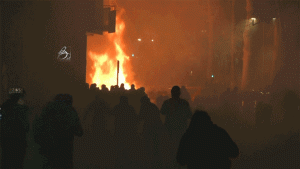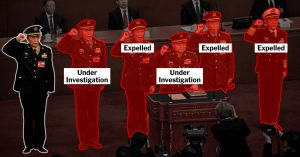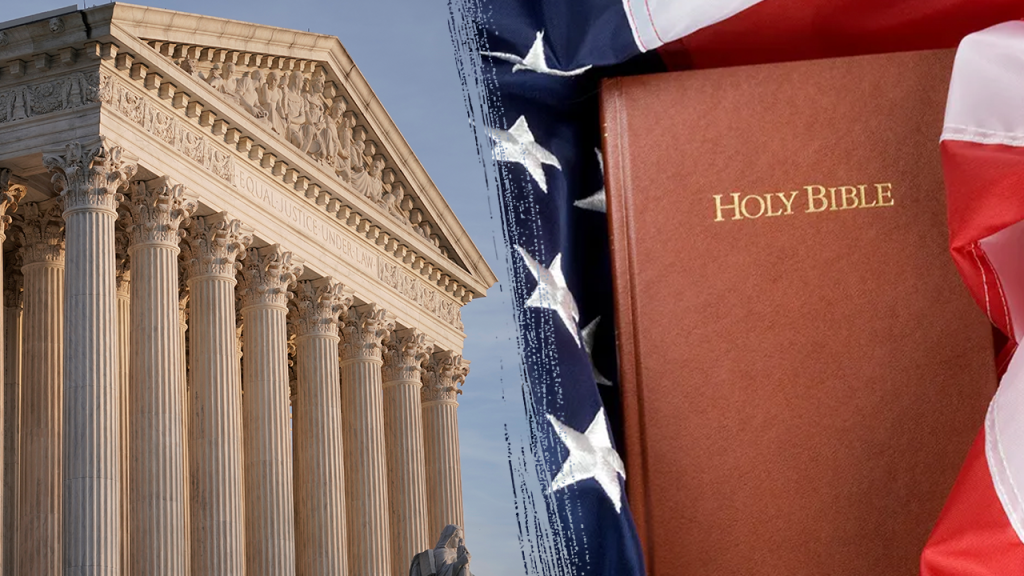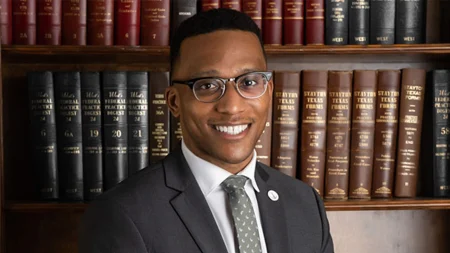The Supreme Court has agreed to hear a pivotal case that could reshape the landscape of school choice and religious freedom in the United States. The case, stemming from Oklahoma, centers on the establishment of St. Isidore of Seville Virtual Charter School, a proposed online K-12 institution sponsored by the Roman Catholic Archdiocese of Oklahoma City and the Diocese of Tulsa. The central question revolves around whether a religiously affiliated entity can operate a charter school funded by taxpayer dollars without violating the Establishment Clause of the First Amendment, which prohibits government endorsement of religion. This case carries significant implications, as it marks the first attempt to establish a religious charter school in the nation. The outcome could set a precedent for future similar endeavors and influence the ongoing debate over the intersection of public education and religious practice.
The legal battle began when the Oklahoma Statewide Virtual Charter School Board approved the application for St. Isidore in 2023. This decision prompted a swift backlash from parents, faith leaders, and education groups concerned about the potential entanglement of church and state. The Oklahoma Supreme Court, in a 7-1 ruling, sided with the challengers, deeming the taxpayer-funded religious charter school a violation of both the First Amendment and the state constitution. The court emphasized that charter schools, under Oklahoma law, are considered public schools and therefore must remain nonsectarian. The court argued that allowing St. Isidore to operate as a state-sponsored institution while simultaneously incorporating Catholic evangelism into its curriculum would constitute an impermissible endorsement of religion.
Proponents of the religious charter school, represented by the Alliance Defending Freedom, argue that the Oklahoma Supreme Court’s decision discriminates against religious organizations and infringes upon parental choice in education. They contend that previous Supreme Court rulings have established a precedent against excluding religious entities from public programs, citing cases involving playground funding and tax-credit scholarships for religious schools. Their argument hinges on the belief that denying religious organizations the opportunity to participate in charter school programs, while permitting secular private organizations, constitutes a form of religious discrimination. They further assert that allowing religious charter schools would expand educational options for families and provide greater autonomy in choosing an educational environment aligned with their values.
Oklahoma Attorney General Gentner Drummond, who initially challenged the school’s approval, maintains that the establishment of a state-sponsored religious charter school is unconstitutional. He argues that such a move would not only violate the Establishment Clause but also open the door to taxpayer funding for a wide range of religious indoctrination, including potentially extremist or controversial beliefs. Drummond emphasizes his commitment to defending religious liberty for all Oklahomans but insists that this defense cannot come at the expense of constitutional principles separating church and state. He anticipates presenting his arguments before the Supreme Court and expresses confidence in his ability to uphold the law.
The Supreme Court has a history of grappling with cases involving religious institutions and public funding. In recent years, the court has increasingly ruled in favor of religious entities seeking access to public resources, particularly in the context of education. These rulings have fueled the ongoing debate over the appropriate level of separation between church and state, with proponents of religious freedom arguing for greater inclusion of religious organizations in public life, while opponents express concern about the potential erosion of the Establishment Clause. The St. Isidore case represents a significant test of these competing principles and could have far-reaching consequences for the future of school choice and religious freedom in the United States.
The case has drawn national attention and is unfolding against a backdrop of heightened political polarization surrounding education. School choice has become a prominent issue in political discourse, with proponents advocating for greater parental control over educational options and opponents raising concerns about equity and accountability. The Supreme Court’s decision in this case will undoubtedly have a profound impact on the ongoing national conversation about the role of religion in public life, the boundaries of school choice, and the delicate balance between individual liberties and constitutional principles. The case is scheduled for oral arguments in April, and the nation awaits the court’s decision with anticipation, recognizing the potential for a landmark ruling that could reshape the landscape of American education.















